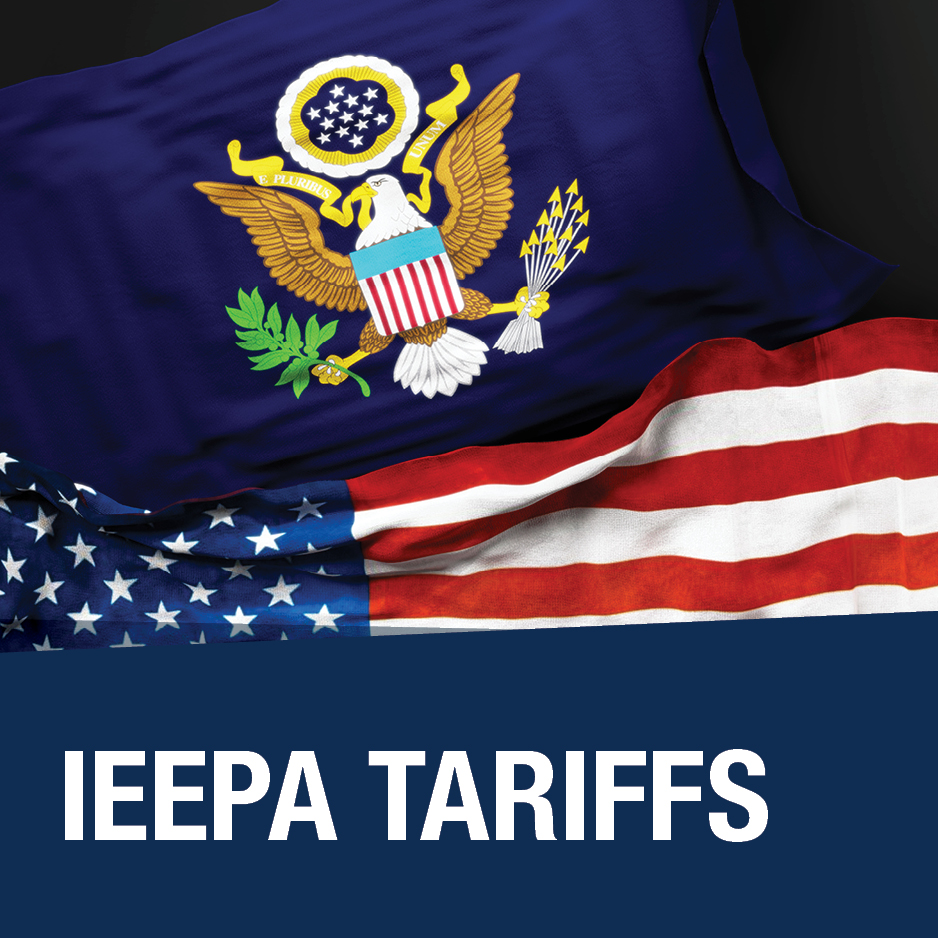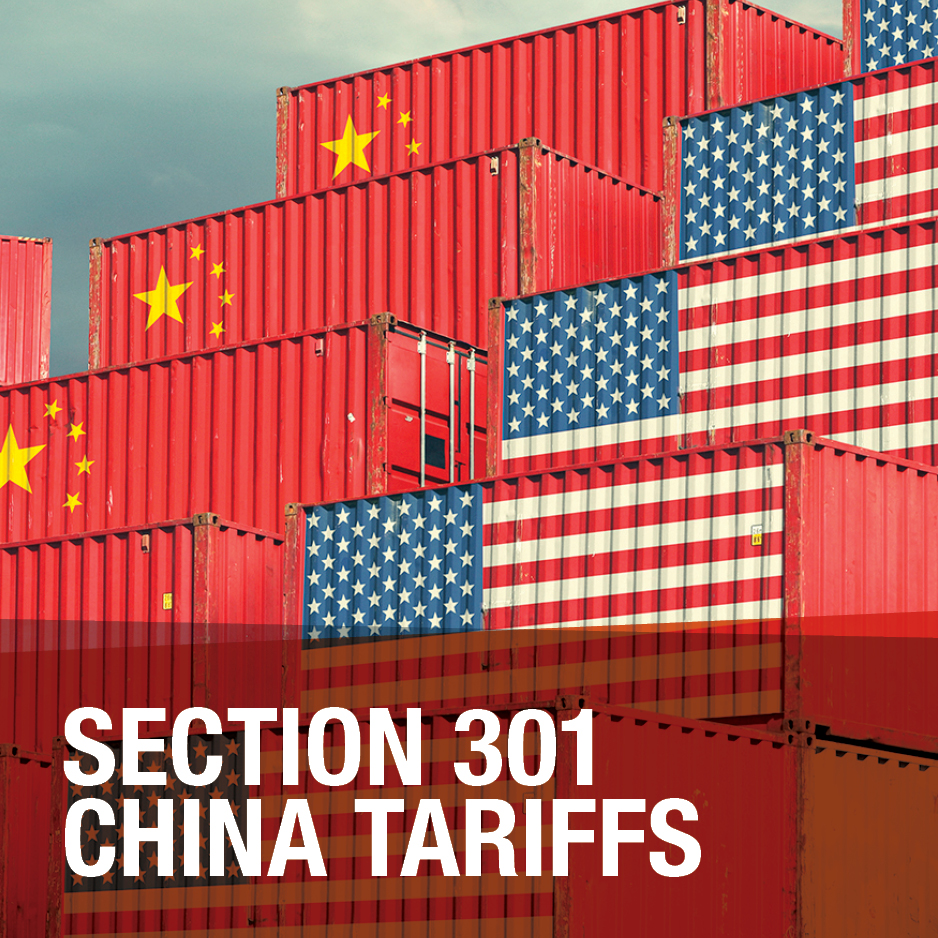
Tariffs and Trade
Tariffs & Trade Impacting the Automotive Aftermarket Latest News
The Auto Care Association is actively monitoring this evolving situation and will provide updates as new information emerges. Check this page regularly for the latest developments.
Member-only Resource
Auto Care Tariff Calculator
Use our tariff calculator to help you identify which recent U.S. tariffs may apply cumulatively to your products.
See CalculatorHas your business been impacted by Tariffs?
We welcome your feedback to help us better understand and assess the impact of these tariffs on our industry and businesses. Please share with us by contacting Angela Chiang, director, international affairs, at angela.chiang@autocare.org.
Share Your Impact Story






